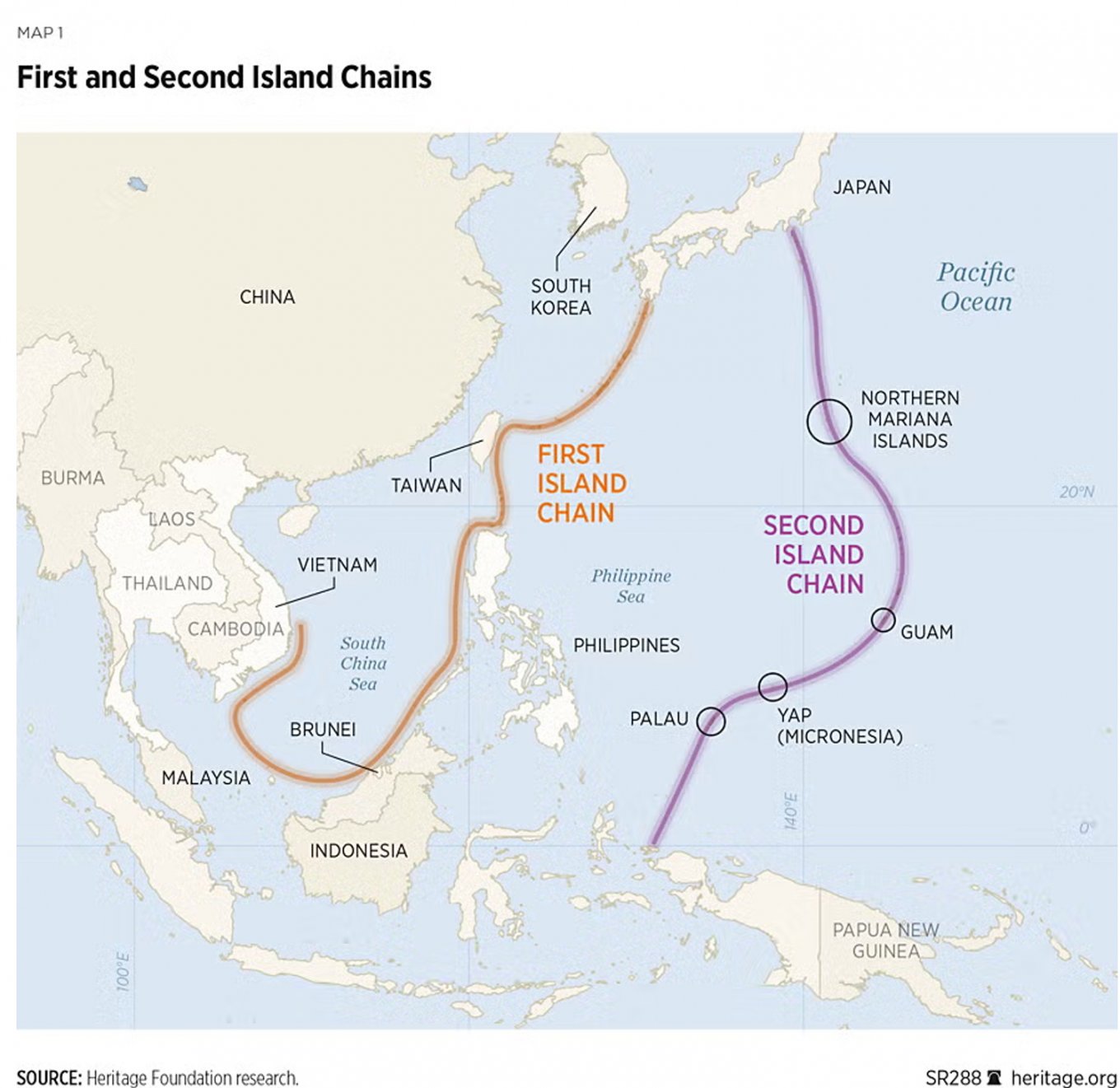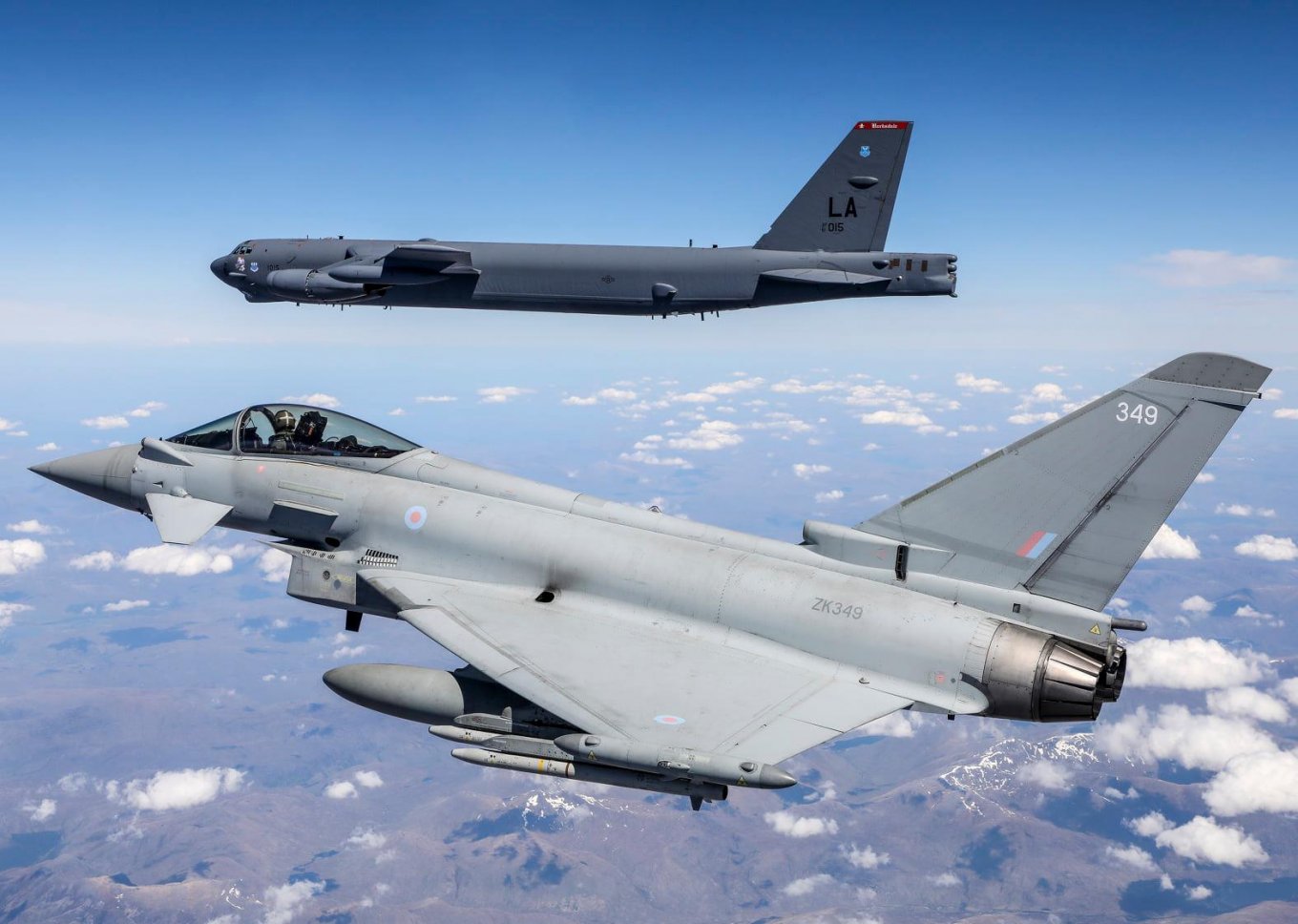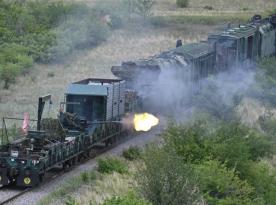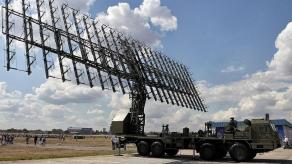In light of Donald Trump's election victory, it is worth recalling how Trumpists envision the architecture of U.S. security, which directly affects the fate of NATO, Europe, and Ukraine. It is also important to understand that many campaign promises by politicians may be mere populism, including threats to leave NATO or adopt isolationism under the slogan America First.
To examine this further, one can refer to a special report by the Heritage Foundation, a think tank believed to be closely connected to Trump, his team, political allies, and Republicans as a whole.
Read more: What to Expect from the Next U.S. President: The Impact of Trump or Harris on the U.S. and Ukraine’s Military Defense Industry

This report, titled The Prioritization Imperative: A Strategy to Defend America's Interests in a More Dangerous World, was published on August 1 of this year and contains specific arguments and proposals regarding global security — but primarily for the U.S. and based on American interests.
As outlined in the report, given that 60% of the world's GDP and two-thirds of global economic growth are concentrated in the Indo-Pacific region, efforts by Washington should be directed there, as this region is regarded as a pivotal factor for America’s future security and prosperity. Therefore, China’s growth and increasingly aggressive policies are critical for the U.S. and justify a strategic shift of Washington’s attention toward this region.
Moreover, U.S. military capabilities, as reflected in the Pentagon's strategic plans, do not envision the capacity to achieve victory in two major wars fought simultaneously or consecutively. This means Washington cannot sustain parallel confrontations in Europe and the Pacific. As a result, the choice of primary focus and the allocation of the majority of resources becomes straightforward.

Thus, Europe and Ukraine hold a secondary position in this paradigm. The report explicitly states that, while the European market is important to the U.S., its share of the global economy is expected to decline, along with its significance. While China is identified as a rival aiming for global hegemony, russia lacks the economic resources to compete for this position.
According to report, although Moscow has generated significant combat power in Ukraine, as long as this economic imbalance persists, russia will be unable to generate and sustain the military power required to seize control of large portions of Europe as the Soviets did or otherwise impose its will on Europe in the face of determined resistance.
The report also directly mentions that russia could use force against NATO in Europe, possibly within a few years or even sooner, especially if the war in Ukraine subsides. At the same time, in line with the core idea of the Prioritization Imperative, Europe is expected to handle its own challenges. Thus, it suggests reducing the U.S. role in ensuring conventional defense, leaving NATO's European segment primarily with American nuclear deterrence.

Europe, not the U.S., should provide Ukraine with everything necessary to inflict a series of military defeats on russia, making it clear to the Kremlin that victory is unattainable. In other words, the weapons required for this should be supplied by Europe, as the U.S. has limited stockpiles and production capabilities. From Defense Express, we note that this report contains a contradiction: it also highlights the completely unsatisfactory state of defense capability and the defense industry in NATO’s European segment, which has relied on the collective security umbrella for decades.
The report also outlines a position on the Middle East and Israel, where the U.S. has traditionally wielded significant influence. However, it suggests a substantial reduction in this influence, as the region is considered the least significant for U.S. interests. This is partly because the U.S. depends far less on oil from the Persian Gulf than Europe does, making it once again Europe’s concern. Meanwhile, Iran is viewed only as a contender for regional leadership. Furthermore, even assistance to Israel is proposed to be limited to prioritize the confrontation with China.
Read more: F-16 vs. Gripen: Ongoing Debate Over the Best Choice for Ukraine’s Defense














